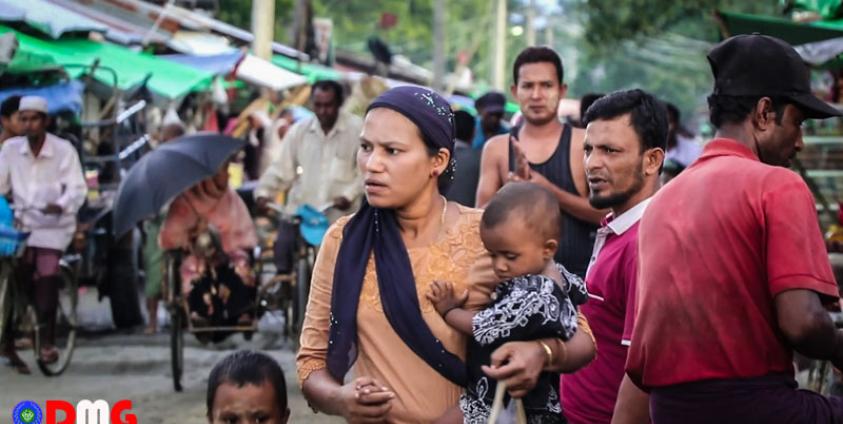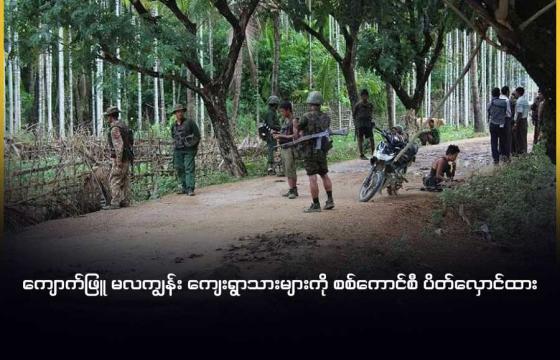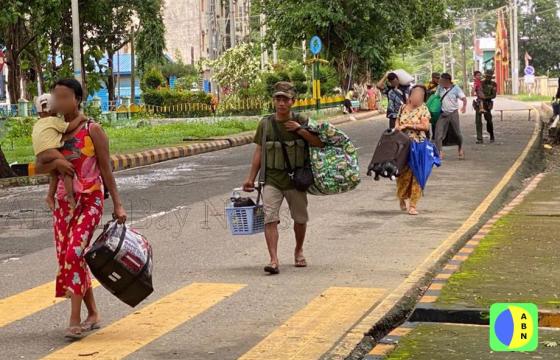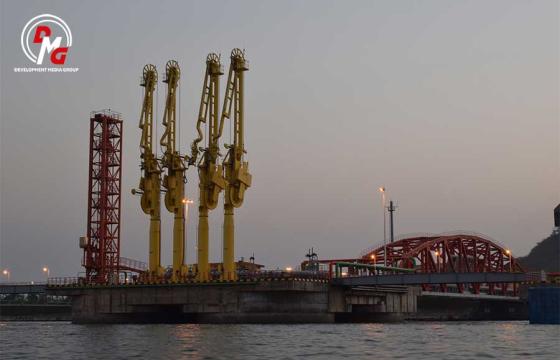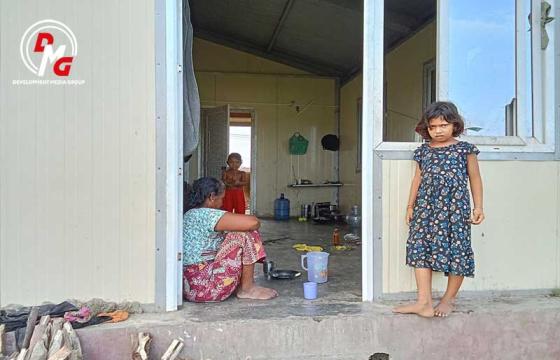Although tensions have remained part of life among the Muslim and Arakanese communities of Arakan State since inter-religious violence scarred the geopolitical landscape in 2012, it can be said that the two communities are living in relative harmony these days.
Meanwhile, clashes between the Tatmadaw and Arakan Army (AA) have intensified since the end of 2018. Ongoing fighting has claimed the lives of children, the middle-aged and elders alike, and the number of civilians displaced by the conflict has surpassed 100,000. With complicated problems and continuing clashes, Arakan State is once again on the international community’s radar as a conflict hotspot.
With the Tatmadaw-AA hostilities grabbing a growing share of headlines coming out of the region over the past year, the potential for interreligious conflict can feel more distant, or at least of less urgent concern amid reports of schoolchildren harmed by errant artillery shells and indiscriminate fire from the barrels of both warring parties’ guns.
Indeed, it might be tempting for those who want to see inter-religious coexistence in the state to let their guard down.
However, two incidents this month are reminders that Arakan State’s Muslim and Arakanese communities these days maintain a precarious and vulnerable coexistence.
Three young Arakanese men were beaten and seriously injured by a group of intoxicated Muslims while they were passing through Letma village in Minbya Township on February 1.
Leaders from both communities, however, managed to intervene before the problem spiralled out of control. The situation has returned to normal as those leaders held a meeting and told residents of Letma and surrounding villages that problems should not be occurring between Muslims and Arakanese people, urging both communities to do their part to foster peaceful coexistence.
Then on February 18, another confrontation between Muslims and Arakanese occured in Paung Tote village, Mrauk-U Township. This time, a Muslim youth was beaten to death, leading to reprisal attacks by Muslims against Arakanese the next day.
Despite these incidents, the vast majority of people from both communities want to live peacefully together; to put previous bitter experiences behind them in favor of the promise of a future based on better relations.
It is important for the long-term sustainability of inter-religious harmony that any problems between the two communities not be exaggerated. In the digital age, it often seems that the power of hate speech carries further, faster than do words of kindness, exaggerating differences at the expense of common ground.
So it is today in some corners of the social media realm in Myanmar, where agitators are using race and religion to foment discord. This hateful rhetoric must be rejected by social media users of all political, religious and racial identities.
And while individual responsibility is paramount, the government too has a role to play. It must be able to discern when it is necessary to step in to control potentially volatile situations, and can do more to try to improve relations between the two communities. Moreover, those who spread hate speech online should be monitored and the government must not hesitate to take action against hatemongers if necessary.
Influential and respected leaders from both communities must also use their sway and positions of authority for good. Their words can have power akin to a viral social media post, except that their reach is local, and that should not be dismissed. They have the power to be both online and in communities, observing the two spheres and doing their part to promote harmony and discourage unwelcome racial and religious agitation.
This will build trust among the communities, and with greater trust comes improved relations.
For all that those living in Arakan State can do to prevent intercommunal conflict, there are also external factors, including court proceedings at The Hague, Netherlands. There, the International Court of Justice (ICJ) has taken up a case brought against Myanmar by The Gambia, accusing the former’s military and government of genocide against Muslims in northern Arakan State.
We cannot control what that court ultimately decides (the trial is expected to take years to reach a verdict), but we can ensure that our actions on the ground as the trial plays out are indicative of what reconciliation can look like. Failure to do so — a reversion to the tensions that characterized Arakan State in 2012 and the years that followed — will have negative impacts on the rule of law; political repercussions at the regional and national level; and damaging implications for international perceptions of Myanmar and Arakan State.
For these reasons and more, DMG strongly urges the government to take additional measures to improve relations between the two communities in Arakan State and forestall any escalation of the recent incidents, which should be used as teaching moments instead of serving as sparks of an all-too-familiar conflagration to come.


